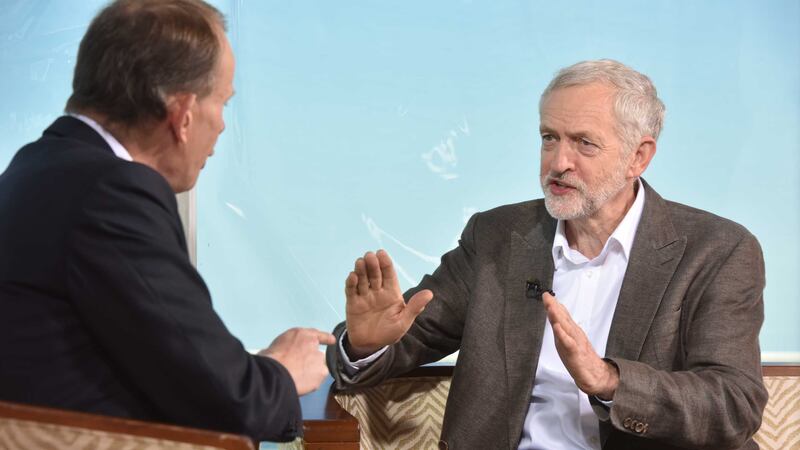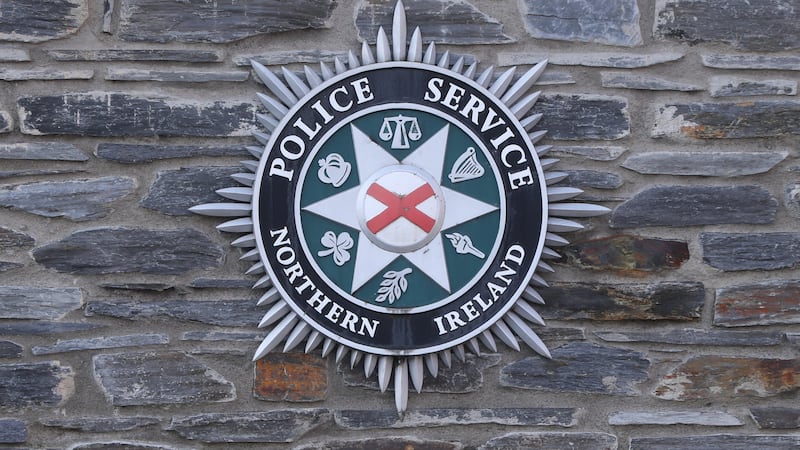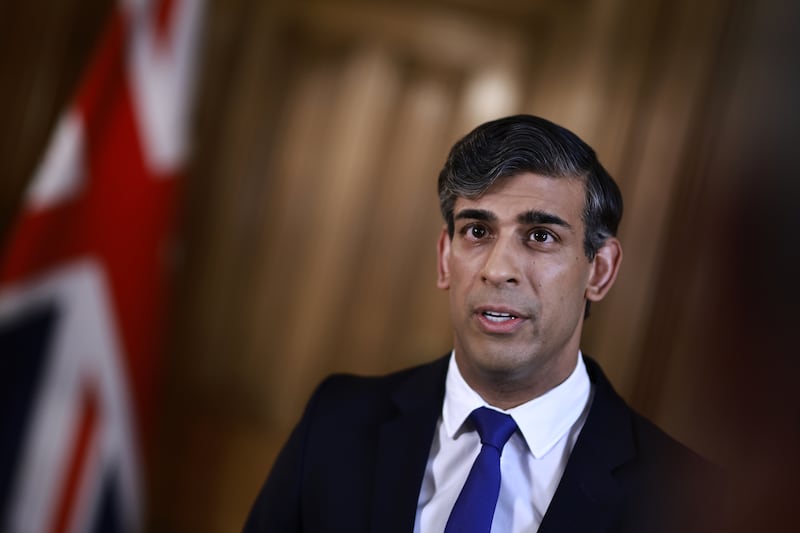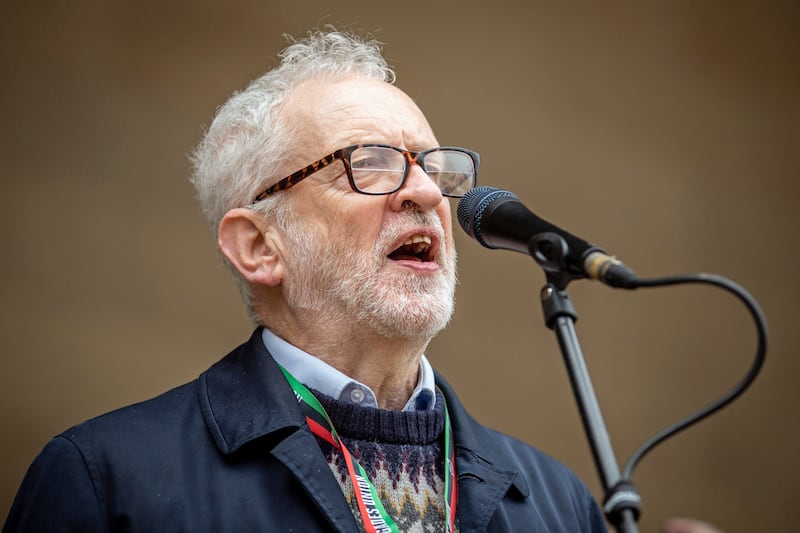JEREMY Corbyn has defended reaching out to Republicans at the height of the troubles by insisting he "wanted the violence to stop".
The Labour leader told the BBC One Andrew Marr programme: "I don't want violence, I don't want killing, I don't want all the horrors that go with it."
Mr Corbyn has faced strong criticism for bringing members of the IRA to the House of Commons during the 1980s.
But he told the programme everyone he met had been former prisoners who had completed their sentences and the goal had been to open dialogue and reach a political solution.
Mr Corbyn said: "Yes, I did make myself very unpopular with some people by a preparedness to reach out to the Republican tradition in Ireland, to say ultimately this war is unwinnable by either side, there is never going to be a military (answer) - therefore there has to be a political dialogue.
"At the same time, secretly, the British government was also engaged in that and then eventually in 1994 we got the first ceasefire."
The Labour leader is due to speak at a conference fringe meeting organised by Sinn Fein later today.
Asked if he was less critical of IRA violence than British military action, Mr Corbyn said: "The violence was wrong on all sides and I have said so all along. My whole point was if we are to bring about a peace process, you weren't going to achieve it by military means."
The Labour leader acknowledged his long-running statement for a united Ireland, but added: "Quite honestly, the peace process has brought about a huge step forward.
"There is a lot of cross border agreement, there is a lot of cross border institutions, there is a feeling - you go to Belfast, you go to Dublin, people travel back and forth all the time.
"The Government's are in touch with each other every hour of every day on different issues.
"There is that kind of sense there is one island of Ireland."








